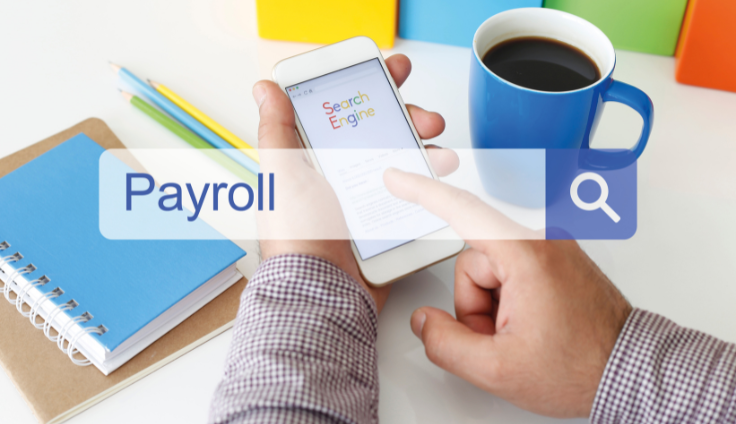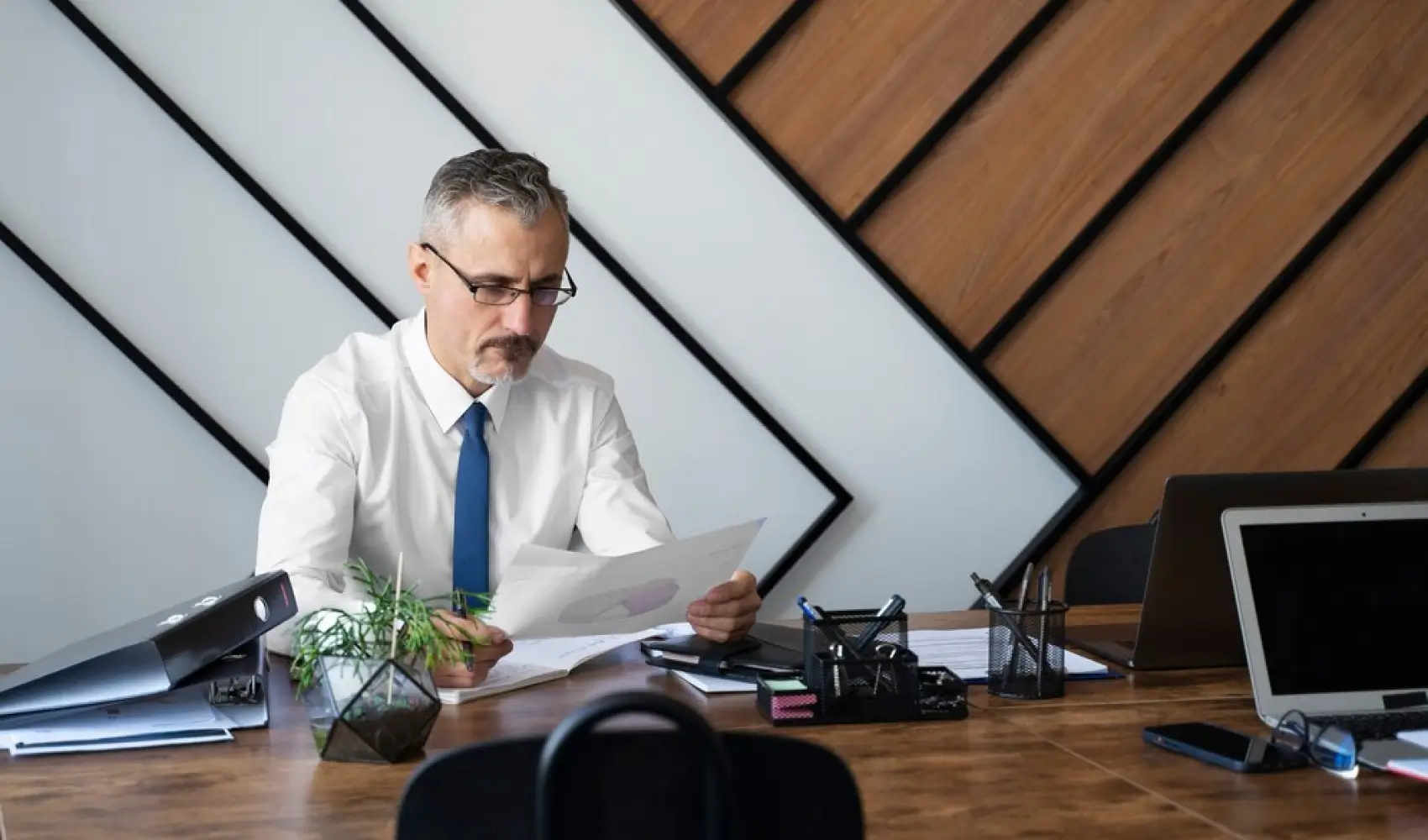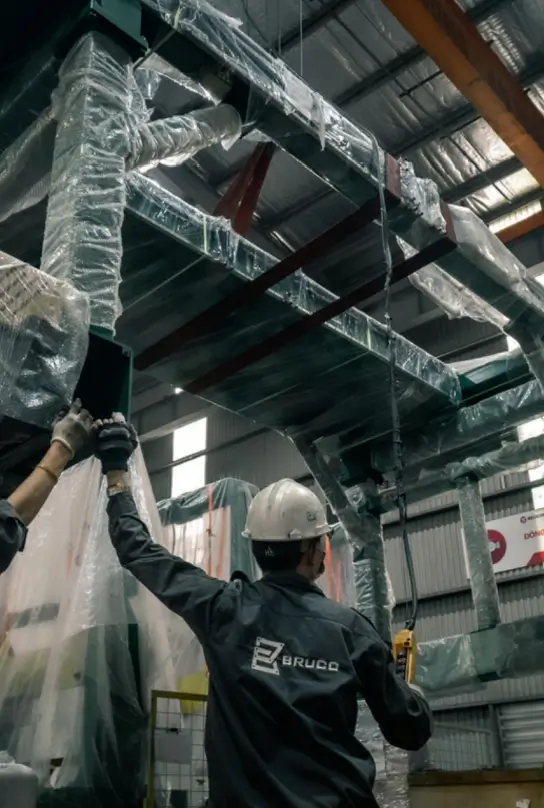Job interviews are pivotal moments that can shape the trajectory of your career. They provide a unique opportunity to showcase your skills, experiences, and personality. But how can you ensure that you leave a lasting first impression and increase your chances of success? Here are the five essential keys to success in a job interview:
1. Research the Company and Polish Your Resume
Before stepping into the interview room, take the time to delve into the company’s background and the specific role you’re applying for. You can look them up on their LinkedIn page or the company website. Understanding the company’s mission, values, and recent achievements demonstrates your genuine interest. Tailoring your answers to align with the company’s goals shows that you’re not just a candidate but a potential asset.
Your resume serves as your first introduction to the hiring manager. Ensure it’s well-organized, highlights relevant experiences, and showcases your accomplishments. Beyond the resume, consider assembling a portfolio of your work, especially if you’re in a creative field, this will help you in your job search. A well-curated portfolio provides tangible evidence of your abilities and can set you apart from other candidates.

2. Practice Common Interview Questions
Practice may not make perfect, but it certainly breeds confidence. Familiarize yourself with common interview questions and practice your responses. Craft succinct yet impactful answers that highlight your skills and experiences. Remember, it’s not about memorization; it’s about being prepared to discuss your accomplishments and experiences in a compelling manner.
Common Job Interview Questions and Answers
1. Tell me about yourself.
Sample Answer: My name is [Your Name], and I have been working as a graphic designer for the past five years. I am highly creative with a strong attention to detail and have a portfolio that showcases my best work. I am passionate about staying up to date with design trends and always strive to deliver visually appealing and impactful designs to my clients.
2. Why are you interested in this position?
Sample Answer: I am interested in this position because it aligns perfectly with my skills and passion for designing. I have been following your company for a while and admire your creative approach to design projects. I am excited about the opportunity to work with a team of talented designers and contribute to the growth and success of your company.
3. What are your strengths?
Sample Answer: One of my biggest strengths is my ability to think creatively and come up with innovative design solutions. I am also highly organized and able to manage multiple projects simultaneously, ensuring that all deadlines are met. Additionally, I am a great team player and enjoy collaborating with others to achieve the best results.
4. Tell me about a time when you faced a challenge at work and how you overcame it.
Sample Answer: In my previous role, I had a client who had specific design requirements that seemed almost impossible to meet within the given timeframe. However, I approached the challenge by breaking it down into smaller tasks and creating a detailed timeline to ensure efficiency. I also communicated closely with the client to understand their vision and incorporated their feedback throughout the process. Ultimately, we were able to deliver a design that exceeded their expectations, and the project was a success.
5. How do you handle criticism?
Sample Answer: I believe that criticism is an opportunity for growth and learning. I always welcome constructive feedback as it helps me improve my skills and deliver better results. Instead of taking criticism personally, I try to see it as a chance to further develop my abilities and deliver even stronger designs in the future.
6. Where do you see yourself in five years?
Sample Answer: In the next five years, I aspire to take on a leadership role within the design team. I am passionate about mentoring and guiding junior designers, and I believe that my experience and skills will enable me to contribute significantly in a leadership position. I also see myself continually expanding my knowledge and staying at the forefront of design trends to deliver cutting-edge designs.
It’s important to note that these are just sample answers, and your responses should be tailored to your own experiences and strengths. Additionally, it’s always a good idea to practice and prepare for specific job interview questions based on the job you are applying for.

3. Master Non-verbal Communication & Problem Solving Abilities
Did you know that a significant portion of communication is non-verbal? Your body language, eye contact, and handshake all contribute to the overall impression you make. Maintain good posture, make eye contact, and offer a firm handshake. These seemingly small gestures convey confidence, enthusiasm, and professionalism.
Employers value candidates who can navigate challenges and find solutions. During the interview, share stories that highlight your problem-solving skills. Discuss how you’ve tackled complex issues in the past and the positive outcomes you’ve achieved. Demonstrating your ability to think critically and adapt to changing situations can set you apart.
4. Ask the Interviewer Informed Questions
At the end of the interview, you’ll likely be asked if you have any questions. This is your chance to demonstrate your curiosity and enthusiasm for the role. Prepare a list of questions to ask that show you’ve done your homework. Inquiring about the company’s future goals, team dynamics, or expectations for the role can leave a strong impression.
It’s normal to feel nervous before an interview, but don’t let it overpower you. Practice relaxation techniques such as deep breathing or visualization to manage your anxiety. Remind yourself that the interview is also an opportunity for you to evaluate if the company aligns with your career goals.
5. Follow-Up and Thank-you Note
After the interview, don’t forget to send a thank-you note. Express your gratitude for the opportunity to interview and reiterate your enthusiasm for the role. It’s also a good idea to personalize your note to reference specific points from the interview, showcasing your attentiveness. A thank-you note is a gracious way to leave a lasting positive impression.
Important Interview Skills for Success in a Job Interview
Having strong interview skills is crucial for a successful job interview. One important skill is effective communication. This includes not only being able to speak clearly and concisely, but also listening actively and attentively to the interviewer.
It is also important to demonstrate your enthusiasm and passion for the role. Show the interviewer that you are genuinely excited about the opportunity and eager to contribute to the company. Additionally, having good interpersonal skills is essential. Be polite, professional, and respectful throughout the interview process.
Building rapport with the interviewer can go a long way in making a positive impression. Overall, honing these interview skills will greatly increase your chances of success in landing your dream job.

Tips for a Virtual Interview
1. Test your technology: Ensure that your internet connection is stable and that your audio and video equipment are working properly before the interview. Familiarize yourself with the virtual interview platform being used and make sure you know how to operate it.
2. Choose a suitable location: Pick a quiet and well-lit spot for the interview, preferably with a plain background. Avoid any distractions or interruptions during the interview. Make sure the area is clean and organized.
3. Dress professionally: Treat a virtual interview as you would an in-person interview when it comes to attire. Dress professionally from head to toe, as you never know if you may need to stand up during the interview.
4. Maintain eye contact: Look directly into the camera to create the illusion of eye contact. Avoid constantly looking at your own image or other things on your screen, as it can be a distraction. This will help you make a better connection with the interviewer.
5. Be prepared: Just like any other interview, do your research and be prepared to answer common interview questions. Have a copy of your resume, as well as any other supporting documents, readily available for reference. Practice answering questions aloud to build confidence.
6. Body language: Pay attention to your body language during the interview. Sit up straight, smile, and avoid fidgeting. Use hand gestures sparingly and try to mirror the body language of the interviewer to establish rapport.
7. Engage professionally: Be an active listener and demonstrate your interest through your body language and facial expressions. Be confident, articulate, and concise in your responses. Pause before answering to gather your thoughts, if needed.
8. Take notes: Keeping a pen and paper next to you during the interview can help you jot down important points or questions that you might want to follow up on. However, ensure that note-taking does not distract or disrupt your flow during the interview.
9. Practice beforehand: As virtual interviews may feel unnatural, practice with a friend or record yourself to review and improve your presentation. Pay attention to your voice tone, speed, and clarity.

Conclusion on Tips for a Successful Interview
Mastering the art of job interviews requires a combination of preparation, confidence, and effective communication. By researching the company, practicing your responses, and showcasing your problem-solving abilities, you’ll increase your chances of success. Remember, an interview isn’t just about proving yourself to the employer; it’s also a chance for you to assess if the company is the right fit for your aspirations.
FAQs
- Q: How can I overcome interview nervousness?
A: Practice deep breathing and positive visualization to manage anxiety. Remember, a little nervousness is natural and can even boost your performance.
- Q: What questions should I ask the interviewer?
A: Inquire about the company’s future plans, team dynamics, and expectations for the role. Show your genuine interest in the company’s growth.
- Q: Is sending a thank-you note really necessary?
A: Absolutely! A thank-you note shows appreciation and professionalism. It’s a courteous way to leave a positive impression.
- Q: How can I tailor my answers to the company’s goals?
A: Research the company’s mission and values. Align your answers by incorporating these values into your own experiences and achievements.
- Q: What’s the best way to prepare a portfolio for a creative role?
A: Choose your best work that demonstrates your skills. Organize it in a visually appealing manner, and be prepared to discuss the story behind each piece.









